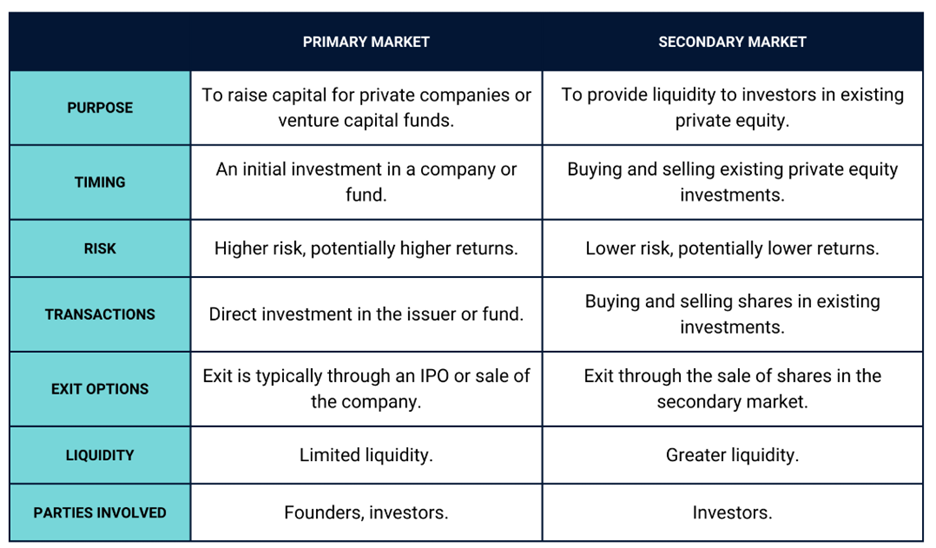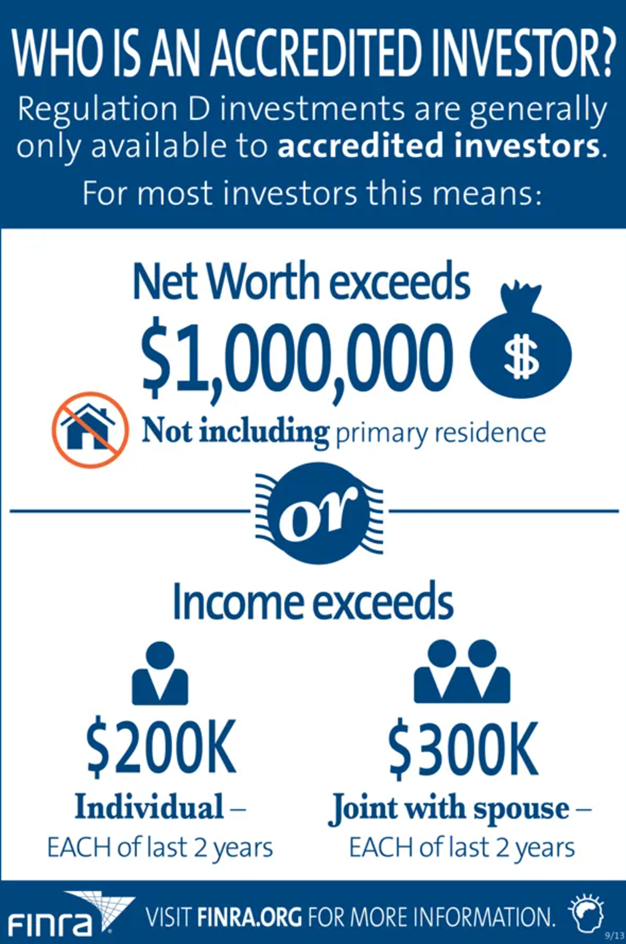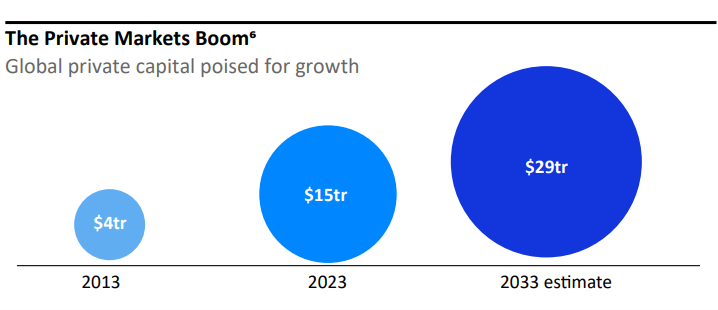 |
| By Chris Graebe |
There's big news coming out of the private markets that means more opportunities for investors.
A new niche within private equity investment just opened up thanks to EquityZen and Forge Global, which have lowered the minimum investment on their platforms to $5,000.
On these platforms, investors can buy shares in pre-IPO companies, much like regulation crowdfunding, or Reg CF. However, there is an important distinction …
When you buy shares via Reg CF, you are buying equity directly from a startup during an active round of funding.
EquityZen and Forge, on the other hand, operate as secondary markets. Here, investors buy shares from existing equity holders, not the company itself.

So, while Reg CF, Reg A and public market investments involve companies raising money by issuing new equity, platforms like EquityZen facilitate the resale of existing shares.
Typically, the sellers are early investors or employees looking to liquidate their holdings.
Why Use These Platforms?
Previously, EquityZen investments had a minimum requirement of $10,000 to $20,000 and Forge Global only offered investments starting at $100,000.
So, the drop to $5,000 is a major move in the right direction. Though, there is a catch …
To participate, investors must be accredited — meaning they must self-certify that they earn over $200,000 annually (or $300,000 with a spouse) or have a net worth exceeding $1 million, excluding their primary residence.

But even if you don’t qualify to be an accredited investor, this story is still important for private equity investors.
You see, pre-IPO share trading opens up the types of investment opportunities in a big way.
Right now, on EquityZen, you can find shares of Blue Origin, X, Robinhood, DeepSeek, TikTok, SpaceX and even In-N-Out Burger for sale.
This is another step toward a more open and democratized startup investing space.
Good News for Startup Investors
Since the JOBS Act in 2012, everyday investors have had greater access to private markets — an arena once reserved for the ultra-wealthy.
Now, both accredited and non-accredited investors have more ways than ever to tap into the unparalleled growth potential of startups.
This change is being driven by the immense and growing power of retail investors.
Startups and financial institutions can no longer afford not to take advantage of the millions of retail investors looking to buy.
Cerulli Associates estimates that retail investors in the U.S. hold $30 trillion in assets, an amount that rivals the pension funds and insurers that major private equity firms usually leverage to raise funds.
What’s more, the gap between the assets of retail and institutional investors has been shrinking for years. In the near future, we may even see retail inventors collectively surpass major financial institutions.
All the while, private investment markets themselves are projected to grow to almost $30 trillion by 2033. That’s nearly double their size from 2023, according to Adams Street Partners.

As exciting as this is, there are pros and cons to any investment type — and secondary market private equity is no exception.
Deal Terms, Secondary Markets & Liquidity
Compared to Reg CF, platforms like EquityZen often feature larger, more established companies with weaker deal terms for investors.
Many companies listed, like those mentioned above, are multibillion-dollar brands that have gone through several rounds of funding and have already issued large volumes of shares. This means new investors get less equity per dollar invested.
EquityZen and Forge Global aren’t the only players in town, there are other secondary markets for buying private equity.
For example, Start Engine Secondary and Nasdaq Private Market are Alternative Trading System, or ATS, platforms.
These platforms also allow for the trade of private equity but are FINRA-regulated. Meaning there is more oversight and a structured resale path for investors, allowing for better liquidity.
By comparison, EquityZen isn't a public or regulated secondary market — it's a private, invitation-only platform.
Once you have purchased equity on the platform, have waited through the holding period and would like to sell, EquityZen has no obligation to list your shares or find buyers.
You can try to resell on EquityZen, but:
- The company first has to approve the transfer again.
- There’s no open order book, only deal-by-deal matching.
- There’s no guarantee your shares will ever be listed or bought.
In contrast, ATS markets are required to support open bidding and price discovery. And in general, they are better about building toward improved liquidity opportunities — not just offering one-off, company-approved transfers.
A Sign of More to Come
The knowledge that you could invest in SpaceX or DeepSeek today on one of these platforms is very intriguing. But it's important to consider the terms and the path to liquidity that the deals offer.
These markets are still in their early stages compared to public exchanges. But they’re opening up new pathways for liquidity and enabling more opportunities to tap into the private market beyond traditional angel investing and venture capital.
I’m always excited to see changes that lower the barrier to entry for private market investors.
And while these are restricted access, only granted to accredited investors for now, this is progress.
Issuers and platforms are more aware than ever that they can benefit by bringing regular retail investors into the fold. And it’s a win-win situation for startups and investors alike.
Happy hunting!
Chris Graebe
P.S. If you are accredited, you still need to do your research well. That’s true for public markets, as well. Fortunately, the dedicated research team at Weiss Ratings has made that easier than ever before. See how here.

